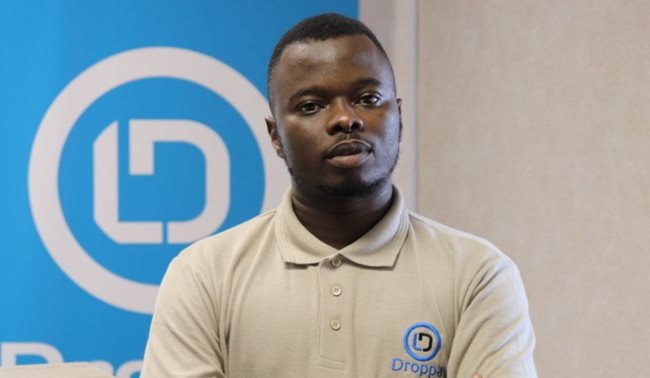
Top stories






More news


Marketing & Media
Ads are coming to AI. Does that really have to be such a bad thing?














According to Stats SA’s latest Quarterly Labour Force Survey, South Africa shed 2,2 million jobs in the second quarter of this year. A lot of effort is needed to recreate these jobs and provide opportunities for employment.
Across many sectors, the uberisation of businesses is producing new entrepreneurs and providing opportunities for employment through the pooling of marketing and other resources. This in turn is giving rise to new opportunities for growing businesses that can drive employment creation.
Partnerships between corporate organisations and small businesses can be a key to unlocking the potential of small businesses, stimulate job creation and contribute to economic recovery, and have the potential to boost business growth for both partners. It is important to note the difference between a partnership and an acquisition, which can have different implications for small business owners.
The partnership between Droppa, an on-demand courier and fleet hire e-hailing app company and Skynet illustrates the potential that partnerships can have in growing a business, improving lives and contributing to the economy.
Prior to its partnership with Skynet, Droppa’s offering was limited to regional services, but the business is now be able to roll out its courier services offering nationally. Skynet has a vast network in South Africa, with 35 courier hubs countrywide, and it has over 200 gateway cities globally, which will provide the opportunity to expand the Droppa service across Africa.
In turn, Skynet customers will be able to enjoy an enhanced experience through Droppa’s consumer-facing application.
Client base expanded
Prior to the Skynet partnership, Droppa was limited to moving people between homes and moving furniture services, but it but can now offer full end-to-end logistics solutions. In addition, it has expanded its client base to include bigger retail groups, fresh produce suppliers and cellular phone suppliers, and this type of business now makes up the bulk of its delivery requests.
One of the biggest gaps in the market is the transporting of fresh produce, as competitors shy away from this business, due to its fastidious nature. However, with a network of over 1000 bakkie and truck owners, Skynet Droppa can tap into a range of vehicles, including refrigerated trucks and trailers, and drivers can make deliveries of fresh produce within a one-hour turnaround.
Droppa has also been able to tap into the expertise of the Skynet team and explore markets that used to be out of its reach. In turn, Skynet has been able to tap into Droppa’s disruptive e-hailing innovation.
Since the partnership was established earlier this year, Droppa has added four permanent employees, bringing its total staff complement to 15.
Two of the biggest challenges for small businesses are achieving and maintaining sustainable growth and accessing global markets, and, although they can be challenging, partnerships, can assist with this.
One of Droppa’s lessons learned so far is that a successful partnership can only thrive if there is a shared vision and a willingness to exchange ideas, skills and resources. A partnership should also be innovative and provide a unique value proposition, especially in such a highly competitive market and an ailing economy.
Entrepreneurs build their businesses based on passion, and typically lack the knowledge and expertise to run and sustain them, and partnerships open up opportunities for learning and knowledge sharing.